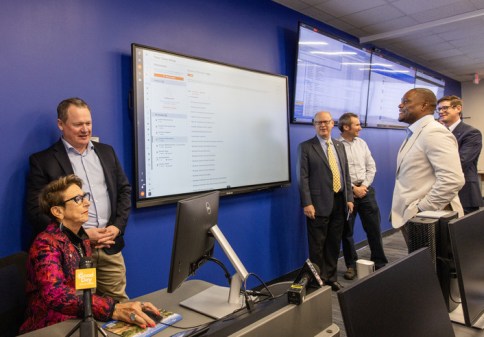University cyber consortium trained 800+ students in 5 years

The number of students gaining hands-on experience in cybersecurity has grown exponentially since a network of university cybersecurity clinics first launched in 2018, EdScoop has learned from the University of California Berkeley’s Center for Long-Term Cybersecurity.
As of the 2022-2023 academic year, more than 880 students across the country have participated in cybersecurity training in a consortium of 15 active clinic locations at colleges and universities and have worked to bolster cyber defense for wide ranging public interest organizations in their local communities.
“It’s a really exciting time in the consortium because we finally have enough experience under our belts,” Ann Cleaveland, executive director of the Center for Long-Term Cybersecurity, said in an interview with EdScoop. “Cyber risk is borne disproportionately by all of these small organizations that are least able to defend themselves, so clinics are these working models to help fill some of that gap.”
The cybersecurity clinic consortium organized by the Center for Long-Term Cybersecurity provides pro bono assistance to 83 public interest organizations, including nonprofits, local governments, small businesses, K-12 school districts and health care providers. The clinics are spread across nine states, but the consortium is working toward launching a clinic in all 50 states by 2030.
Staff with the Center for Long-Term Cybersecurity said they’re proud of their emphasis on local relationships. The cybersecurity range at the University of Nevada Las Vegas, for example, partners with a local small business association to help protect small businesses from cybersecurity threats. The Massachusetts Institute of Technology’s cybersecurity range collaborates with the Massachusetts Cyber Center to provide cyber support to municipalities across the state.
“We find that model to be really, really successful as far as helping the clinics really embed themselves in the communities that they work and live in,” said Sarah Powazek, a program director for public interest cybersecurity with the Center for Long-Term Cybersecurity. “It ends up being a really great two-way street, it really becomes a sort of hub of cyber education instead of a standalone clinical curriculum program.”




